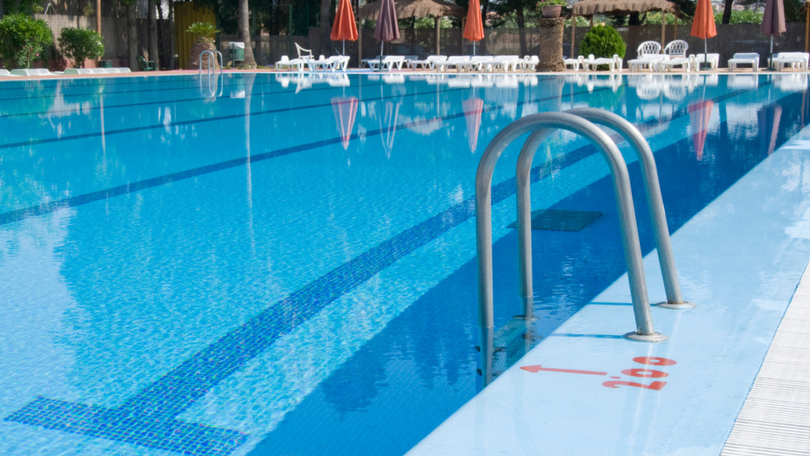Victorians warned about using public pools as gastro cases rise with warmer weather
The number of confirmed cases has already exceeded the five-year average for this time of year.

Victorians are being urged to be cautious about using public swimming pools, as cases of a highly infectious diarrhoeal disease are on the rise across the state.
The disease, known as cryptosporidiosis (crypto), has already resulted in 87 confirmed cases in Victoria as of Friday, said Victorian health department.
The number has already surpassed the five-year average, with more expected as this parasitic illness typically increases during the warmer months.
Sign up to The Nightly's newsletters.
Get the first look at the digital newspaper, curated daily stories and breaking headlines delivered to your inbox.
By continuing you agree to our Terms and Privacy Policy.This comes after Victoria recorded a record high of 2349 crypto cases in 2024, a staggering 233 per cent increase from the previous year.
The department is advising those who have recently experienced diarrhoea to avoid swimming in public pools for at least two weeks.
What are the symptoms?
The cause of cryptosporidiosis, a parasite called cryptosporidium, can be transmitted through drinking or swimming in contaminated water, or by consuming infected food.
It can also spread through touching surfaces contaminated by the faeces of infected people or animals.
Symptoms of infection include watery diarrhoea, stomach cramps, fever, and in some cases, vomiting and loss of appetite.
Infected people can remain infectious for weeks after their diarrhoea symptoms subside.
“So don’t swim until two weeks after your symptoms have stopped,” Victoria’s chief health officer Tarun Weeramanthri said.
While chlorine kills most germs in treated public pools, Weeramanthri said that some, like cryptosporidium, are highly resistant to chlorine at normal concentrations and can pose a health risk.
How to avoid it?
If you’re already infected, the Victorian Health Department advises refraining from swimming for at least two weeks after your diarrhoea symptoms have stopped to help keep the water clean.
Additionally, be sure to shower with soap before swimming, paying special attention to hygiene to reduce the risk of spreading germs.
Those who have not been infected and want to stay safe, should try to avoid swallowing pool water.
It’s also crucial to wash your hands with soap after using the toilet or changing a nappy.
Always change nappies in designated nappy change areas to prevent contamination.
Originally published on 7NEWS
